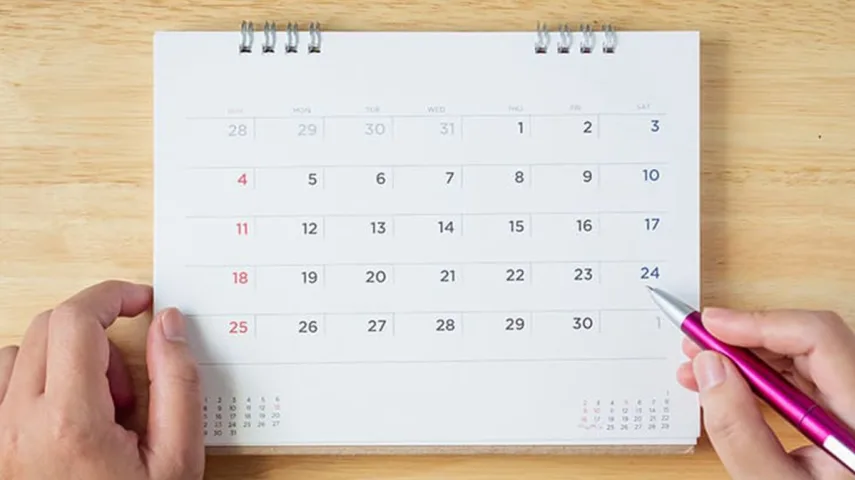No time frame offered by government on paying super on PPL



The government has stopped short of offering a date or time frame when pressed to elaborate on when it intends to pay the superannuation guarantee on paid parental leave (PPL), though it reiterated the measure is a priority.
In a doorstop interview in Canberra, Treasurer Jim Chalmers said it will assess the viability of the measure from budget to budget.
“We’ve said repeatedly and publicly for some time that we weigh up these sorts of opportunities from budget to budget and we have expanded paid parental leave, we’ve expanded early childhood education as part of a suite of multibillion-dollar reforms to invest in economic participation, particularly of women in our economy,” Chalmers said.
“We have said from budget to budget we make room where we can for these priorities, it is a priority for us as we’ve said publicly and repeatedly to pay the superannuation guarantee on paid parental leave when we can afford it.”
Last week, the federal Greens announced that its support for the government’s planned changes to superannuation tax concessions will be contingent on ensuring super on PPL.
Based on modelling, the tax reform is expected to generate revenue of about $2 billion in its first full year of revenue. Meanwhile, paying super on PPL would cost the government less than 10 per cent of that, an estimated $200 million per annum according to the Association of Superannuation Funds of Australia (ASFA).
Speaking in Senate question time this week, Greens Leader in the Senate and spokesperson on women, Larissa Waters, said she was very pleased in 2019 when the Labor Party took to election the policy of paying super on paid parental leave.
“That is a good policy, however it is now 2023 and that party is now in government, and yet we still don’t have super on paid parental leave. So I ask the minister – what is the hold-up?” Waters said.
She highlighted that groups and unions at Labor’s Jobs and Skills Summit last year had called for 26 weeks’ paid parental leave and super to be paid on it, as did the government’s own Women’s Economic Equality Taskforce.
“All of the experts are saying get this done and you claim this is your policy, what are you waiting for?” Waters said.
“I’m afraid the minister responded with the same response that the Treasurer and other Labor spokespeople have responded with, namely [that] it’s budget constraints. Women are having to wait because the budget’s in strife.”
She elaborated on the Greens’ stance to use its Senate balance of power to hold up proposed changes to the tax treatment of large superannuation accounts until the government puts superannuation on paid parental leave.
“I just think if you’re going to say that you’ve got a budget constraint, and yet there’s a proposed revenue measure that’s in the same bucket of policy that could adequately address it and more, you can’t really contend that you’ve got a budget constraint. You should just own up and say ‘we’re not prioritising this’,” Waters said.
According to Chalmers, the government was left with choices to make when it came into power.
“We had a choice to make – do we expand paid parental leave first, or do we pay the super guarantee on paid parental leave first? We went for the expansion in paid parental leave as part of a massive agenda of women’s economic participation, led so ably by my friend Katy Gallagher,” he told RN Breakfast, ABC Radio.
“We’ve got a big agenda here – early childhood education, paid parental leave, so I don’t accept your characterisation. We said that we will do this when we can afford to do it [and] the Greens know this.”
Recommended for you
Super trustees need to be prepared for the potential that the AI rise could cause billions of assets to shift in superannuation, according to an academic from the University of Technology Sydney.
AMP’s superannuation business has returned to outflows in the third quarter of 2025 after reporting its first positive cash flow since 2017 last quarter.
The major changes to the proposed $3 million super tax legislation have been welcomed across the superannuation industry.
In holding the cash rate steady in September, the RBA has judged that policy remains restrictive even as housing and credit growth gather pace.










